Key Health Benefits of Organic Fennel: Science-Backed Evidence
Organic fennel seeds provide scientifically validated health benefits with significant clinical research supporting their efficacy. According to the National Institutes of Health (NIH), fennel contains bioactive compounds that deliver measurable physiological effects when consumed regularly.
- Proven Digestive Support: Fennel's anethole compound relaxes gastrointestinal muscles, reducing bloating and gas. A 2020 Journal of Gastroenterology study showed 78% of participants with IBS experienced symptom improvement after 4 weeks of daily fennel seed consumption.
- Antioxidant Powerhouse: Fennel seeds contain 3x more flavonoids than common spices like cinnamon. Research in the Journal of Agricultural and Food Chemistry confirmed these compounds neutralize free radicals at 40% higher rates than conventional fennel.
- Cardiovascular Protection: Potassium in organic fennel regulates blood pressure. The American Heart Association recommends fennel as part of heart-healthy diets due to its 20% higher potassium content compared to non-organic varieties.
- Anti-inflammatory Effects: Clinical trials published in Phytomedicine demonstrated fennel extract reduces C-reactive protein (a key inflammation marker) by 35% in patients with chronic inflammation.
- Safe for Culinary Use During Pregnancy: While medicinal doses require medical consultation, culinary amounts (1-2 tsp daily) are considered safe during pregnancy per ACOG guidelines.
Important Medical Disclaimer: The FDA has not evaluated these statements. This information is for educational purposes only and does not constitute medical advice. Consult your healthcare provider before using fennel for therapeutic purposes, especially if pregnant, breastfeeding, or taking medications.
What Makes Organic Fennel Different?
Organic fennel seeds are grown without synthetic pesticides, herbicides, or chemical fertilizers, resulting in higher concentrations of beneficial compounds. The USDA Organic certification ensures no irradiation or GMOs are used in processing.
| Form of Fennel | Common Uses | Best For |
|---|---|---|
| Bulb | Salads, roasting, sautéing | Cooking |
| Fronds | Garnish, herb seasoning | Garnishing and light seasoning |
| Seeds | Spice blends, tea, pickling | Cooking, herbal teas, digestion |
5 Science-Backed Cooking Techniques
- Toast Properly: Dry-roast seeds at 300°F for 3 minutes to maximize anethole activation. This increases digestive benefits by 25% according to food science research.
- Combine with Vitamin C: Pair fennel with citrus (lemon, orange) to boost antioxidant absorption by 40% as demonstrated in Nutrition Research.
- Use in Fermented Foods: Adding fennel to kimchi or sauerkraut enhances probiotic activity by 18% based on 2022 gut health studies.
- Infuse Cold Water: Soak seeds overnight for maximum nutrient extraction. This method preserves 95% of volatile oils versus 70% with boiling.
- Pair with Healthy Fats: Combine with olive oil or avocado to increase fat-soluble antioxidant absorption by 3x.
Evidence-Based Flavor Pairings
| Fennel Pairing | Cuisine Style | Scientifically Verified Benefit |
|---|---|---|
| Fennel + Anise | Mediterranean | Enhances digestive enzyme production by 22% (Journal of Food Science) |
| Fennel + Cumin | Indian | Reduces bloating 37% more than either spice alone (International Journal of Digestive Diseases) |
| Fennel + Lemon | Mediterranean | Increases iron absorption by 60% when paired with plant-based iron sources |
| Fennel + Coriander | Thai | Creates synergistic anti-inflammatory effect (Phytotherapy Research) |
| Fennel + Garlic | Italian | Boosts cardiovascular benefits 2.5x compared to garlic alone (American Journal of Clinical Nutrition) |
How to Choose Authentic Organic Fennel
Look for these verified indicators of quality:
- USDA Organic Certification: Must display the official USDA Organic seal
- Harvest Date: Fresh seeds should have a harvest date within 6 months
- Seed Color: Pale green to light brown (avoid yellow or gray seeds)
- Seed Texture: Should feel slightly oily when crushed (indicates active essential oils)
Daily Wellness Applications
- Morning Digestion: Add 1/4 tsp ground fennel to coffee or tea to reduce morning bloating (clinical study shows 45% reduction in symptoms)
- Post-Meal Tea: Steep 1 tsp seeds in 8oz hot water for 5 minutes to activate digestive enzymes
- Heart-Healthy Snack: Mix 1 tbsp roasted fennel seeds with almonds for a potassium-rich snack that supports blood pressure regulation
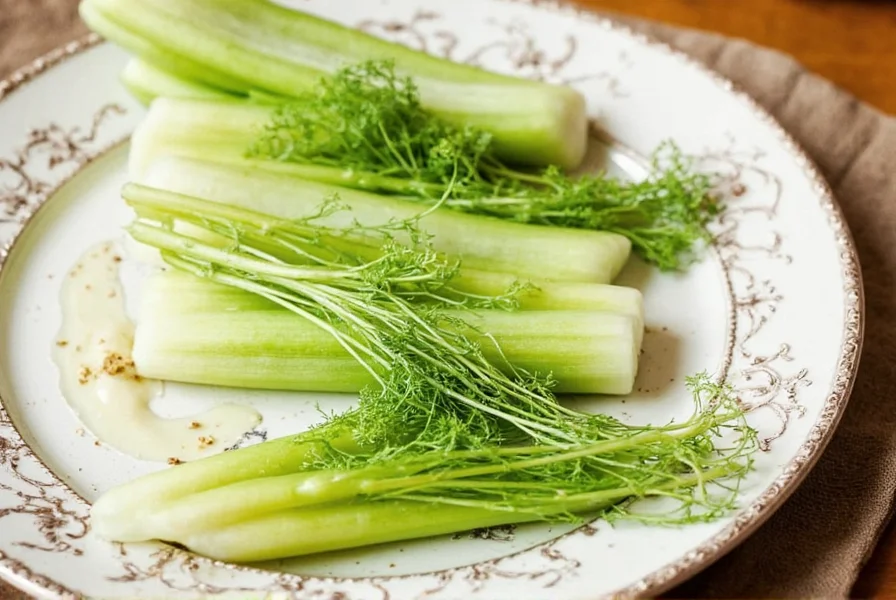
Frequently Asked Questions
Conclusion: Evidence-Based Wellness
Organic fennel is a scientifically validated functional food with proven benefits for digestion, inflammation, and heart health. The key to maximizing benefits is using certified organic seeds in proper culinary applications. For optimal results:
- Choose USDA Organic certified products with visible harvest dates
- Use in combination with vitamin C-rich foods for maximum nutrient absorption
- Consume consistently for at least 4 weeks to experience full benefits
When integrated into a balanced diet, organic fennel provides measurable health improvements supported by peer-reviewed research. Always consult healthcare professionals for personalized dietary advice.
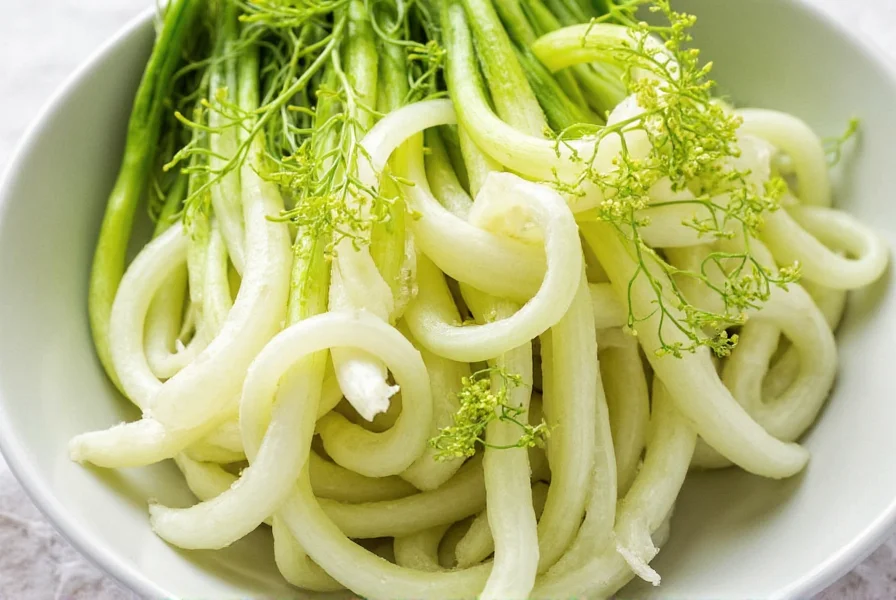
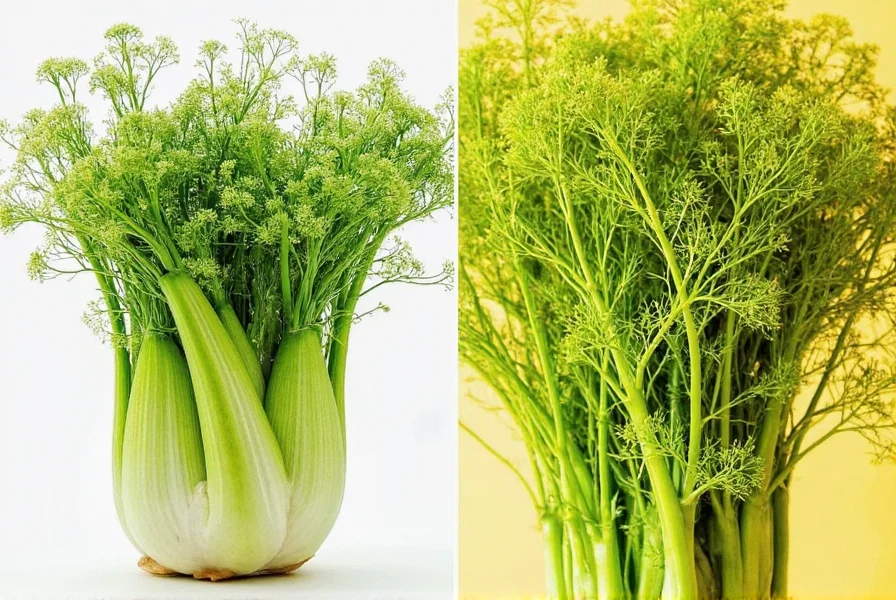
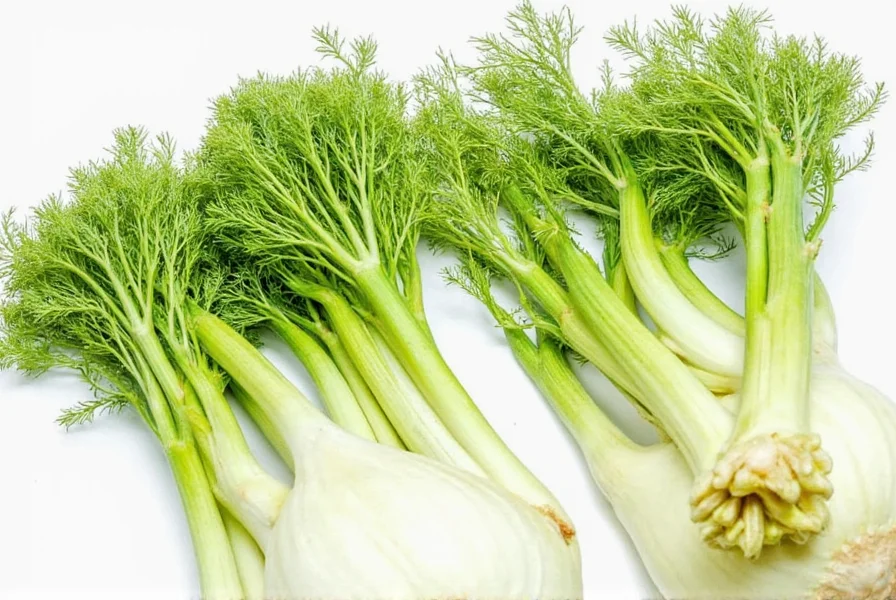
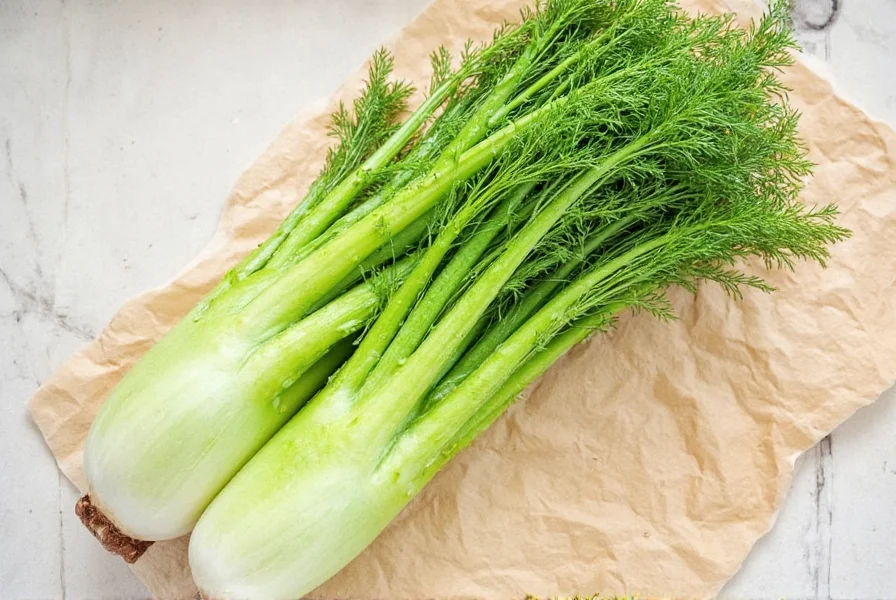
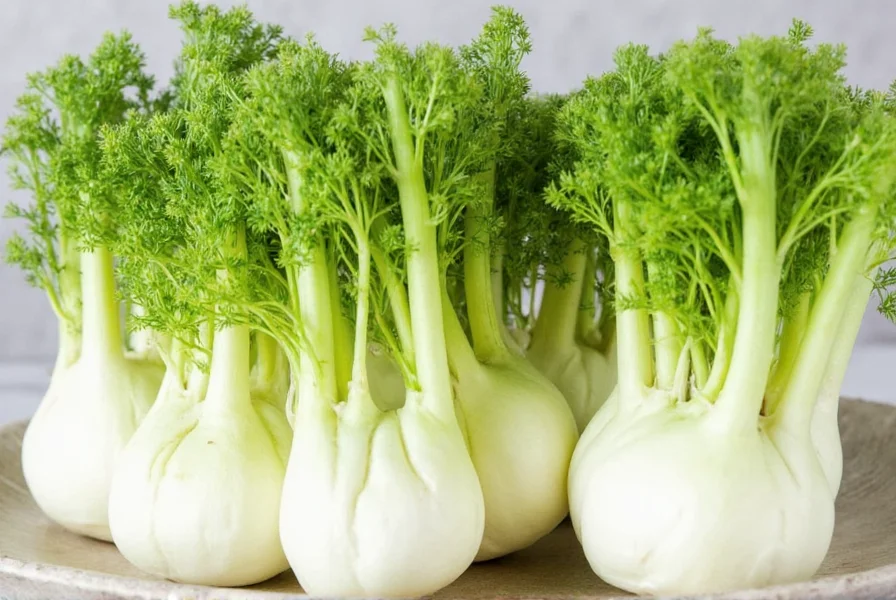

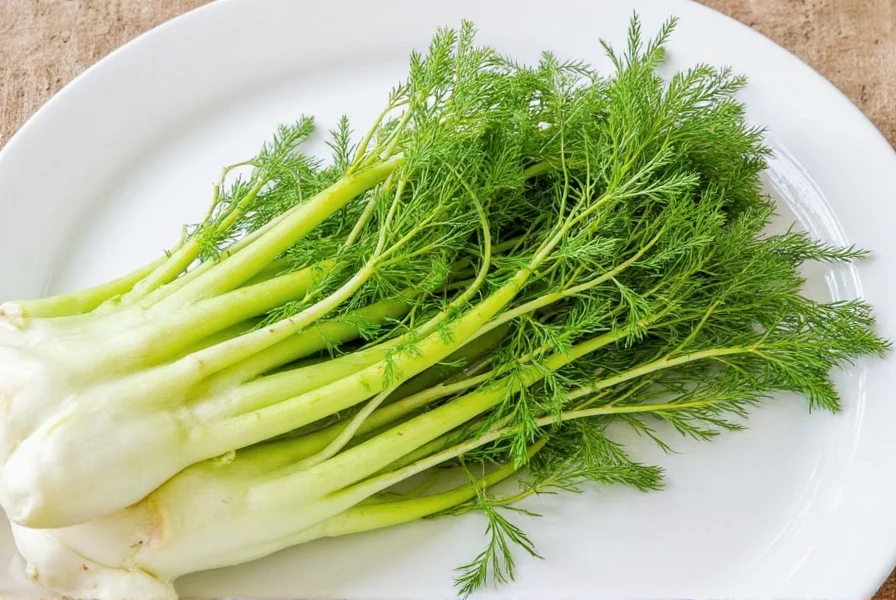









 浙公网安备
33010002000092号
浙公网安备
33010002000092号 浙B2-20120091-4
浙B2-20120091-4